Transparent Language is proud to donate our technology to 7000 Languages, a non-profit organization working to empower communities around the world to teach, learn, and sustain their endangered languages. They envision a world where all communities have the resources and opportunities to reclaim, strengthen, and revitalize their endangered languages.

Since 2016, 7000 Languages has acted as its own independent and thriving 501c3 non-profit organization, providing free language resources for communities around the world. Over the years, they have created 46 courses in 22 under-resourced languages through a deeply collaborative course creation process with their community partners. 7000 Languages is proud to be the recipient of Transparent Language's continued generous donation of technology and support, which makes much of what they do possible.
7000 Languages' leadership and staff have backgrounds in language documentation, language revitalization, curriculum development, and Native education. They combine Transparent Language's innovative technology tools with a focus on resources to meet the unique circumstances of endangered languages such as: incorporation of archived materials, best practices for eliciting and documentation language from elder speakers, as well as a curriculum development approach that centers Indigenous culture, practices, and ways of knowing.
As we enter the UNESCO International Decade of Indigenous Languages (2022-2032) 7000 Languages is honored to continue their critical work in Indigenous language revitalization, and strives to shine a light on the importance of preserving and protecting these invaluable languages for many decades to come.
If you would like to learn more about 7000 Languages, visit their website at www.7000.org and follow them on Twitter, Instagram, and Facebook. If you also agree that everyone deserves the chance to teach, learn, and speak their ancestral language – please consider supporting their work.

Transparent Language launches Heritage and Endangered Languages Preservation Program (H.E.L.P.P.)
H.E.L.P.P. expands and turns into the 7000 Languages Project
The 7000 Languages Project becomes an independent nonprofit, 7000 Languages.
“ We live in an age of global interaction. No language is so small that no one needs to learn it. If we could, we would provide learning material for all 7,000 languages in the world. ”
Transparent Language has long been committed to supporting the learning and teaching of languages, regardless of how remote or small the community for that language. Our CEO, Michael Quinlan, once put it this way: "We live in an age of global interaction. No language is so small that no one needs to learn it. If we could, we would provide learning material for all 7,000 languages in the world."

The first official 7000 Languages Facilitation Organization is NCOLCTL, the National Council of Less Commonly Taught Languages. The NCOLCTL 7000 Partnership was announced during the opening plenary session of the 2013 NCOLCTL Annual Conference in Chicago on April 26, 2013.
For further information on the NCOLCTL 7000 Partnership or to apply to NCOLCTL as a 7000 Languages language team, please contact: Antonia Schleicher, Executive Director, NCOLCTL 7000 Languages Committee, ayschlei@gmail.com, 812-856-4191.
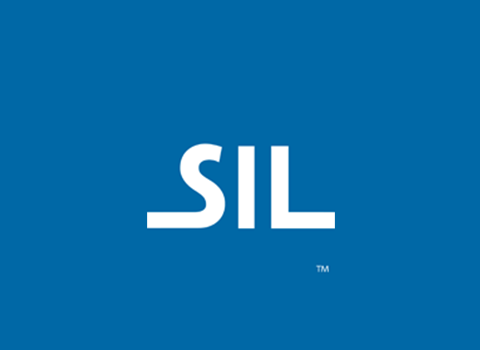
SIL International is dedicated to supporting ethnic minority communities who want to keep their languages and cultural identities alive and thriving for future generations.
The world's indigenous peoples are experiencing unprecedented pressures in the 21st century that threaten their survival. SIL offers training and resources for mother-tongue schooling, adult literacy, developing alphabets for unwritten languages, translation of Scripture and health materials, and more. When school is taught in the language that students understand, when adults can learn to read and write their language for the first time, when the community has the skills to document their language and traditions for future generations or translate resources into the mother tongue... everyone wins.
Since its founding in 1934, SIL has been involved in language development partnerships with more than 2,000 language communities in more than 100 countries. The organization shares its research though the Ethnologue and the SIL Language & Culture Archives. SIL's software developers provide resources for the digital age, including fonts for complex scripts and tools for creating literacy materials or storing and analyzing language data.
For more information about the SIL International 7000 Partnership, please contact: Pam Echerd, info_SIL@SIL.org.
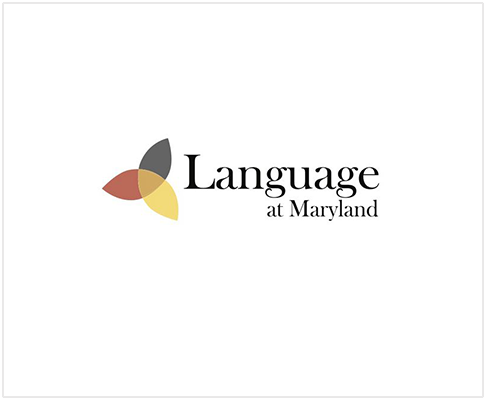
Langscape is an ambitious project to increase understanding of language diversity through visualization and aggregation of knowledge. Langscape starts with an interactive map of around 6400 languages worldwide with links to detailed information about each language, such as demographics, language families, sound systems, bibliographies, raw sound and text. Langscape includes information from multiple language database projects, each of which reflects deep expertise in specific regions, language types, or levels of analysis.
Langscape, coordinated by the Maryland Language Science Center of University of Maryland, seeks to make the remarkable contributions of these many individuals and organizations more accessible, useful, and sustainable.
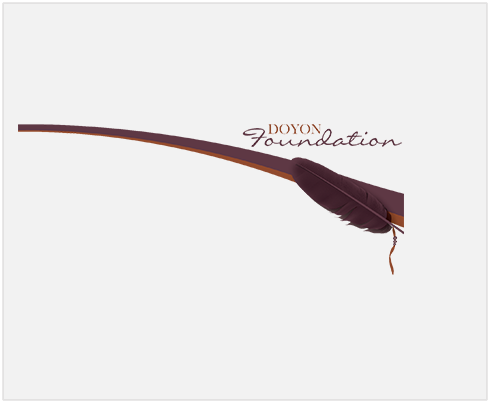
Doyon Foundation was established as a 501(c)(3) charitable organization in 1989 by Doyon, Limited, the regional Native corporation for Interior Alaska. As the private foundation for Doyon, Limited, the Foundation serves the educational and cultural needs of Doyon's shareholders and their children by providing postsecondary scholarships, advancing traditional Native knowledge, and increasing Native student performance levels. In 2012, Doyon Foundation launched the Language Revitalization Program, a comprehensive, region-wide program to capture, preserve, share and perpetuate Athabascan languages. The need for the program is clear: According to the Alaska Native Language Center, there are less than 500 speakers of the nine Athabascan languages in the Doyon region, and most have fewer than 30 speakers.
There are nine Athabascan languages in the Doyon region: Benhti Kenaga' (Tanana), Deg Xinag, Denaakk'e (Koyukon), Denak'i (Upper Kuskokwim), Dinjii Zhuh K'yaa (Gwich'in), Han, Holikachuk, Tanacross, and Née' aaneegn' (Upper Tanana). The Doyon Foundation 7000 Partnership will initially focus on one or two of those and later extend to the remaining languages. Potentially the partnership could evolve to include additional Alaska Native languages.
For more information about the Doyon Foundation 7000 Partnership, please contact: Allan Hayton, haytona@doyon.com.
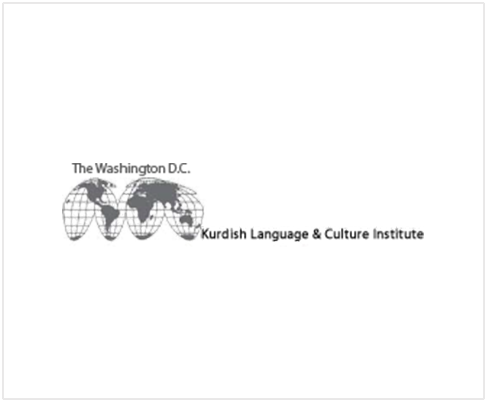
The Kurdish Language & Culture Institute™ produces and publishes Behdini and Sorani Kurdish language learning curricula. Our staff provides occasional language and culture learning workshops for new learners and coaching for serious language learners who study Kurdish full-time. KLCI's team of linguists, writers, and coaches promotes the Kurdish languages of N. Iraq through their work, study, interaction with Iraqi Kurds, and cutting-edge resources for both Kurdish language learning and Kurdish literacy materials for native speakers.
For more information about the Kurdish Languages 7000 Partnership, please contact: Cherie Rempel, books.kiteb@gmail.com.
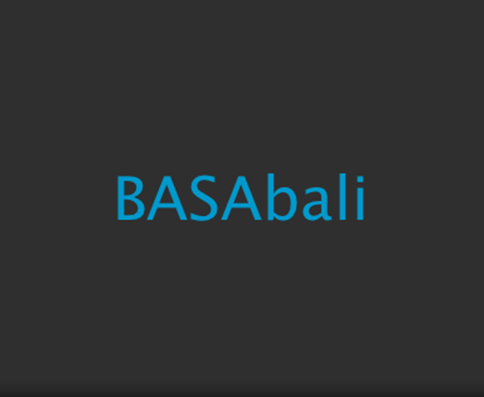
BASA: Balinese Language Preservation Corp is a 501(c)(3) organization based in Washington, DC. Its mission is to bring together experts on Balinese language and culture to create the first multimedia language materials for spoken Balinese and the endangered Balinese script and to more generally promote the use and understanding of Balinese.
BASAbali's volunteer team of Balinese linguists, writers, actors, videographers and others are working to create courses, supplemental vocabulary, and general cultural information to help preserve and promote the Balinese culture and language. Transparent Language is very pleased to support this effort.
For more information about the BASAbali 7000 Partnership, please contact: Alissa Stern, alissa@basabali.org.
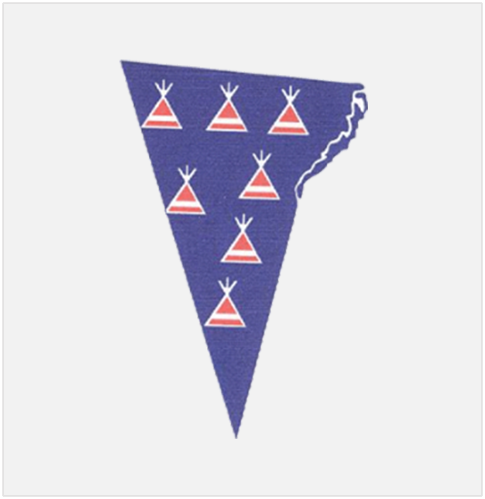
The Sisseton-Wahpeton Oyate Dakotah Language Institute is a department of the Sisseton-Wahpeton Oyate, a federally recognized Dakota nation, located primarily in the north-eastern corner of South Dakota. At the Dakotah Language Institute, we are focused on the preservation, maintenance and revitalization of the Dakotah language. Elders of our community, first-language Dakotah speakers, are the source of our materials. Their knowledge of our history, culture and language are what sustains the growth and development of the Dakotah language for the Sisseton-Wahpeton Oyate. Through their hard work and dedication, we are able to offer a wide variety of Dakotah language learning resources that are suitable for all ages and levels. Our mission is simple, to revitalize the Dakotah language by making the language visible and applicable in all facets of our daily lives.
For more information about the Sisseton-Wahpeton Oyate Dakotah Language Institute 7000 Partnership, please contact: Tammy DeCoteau, SWODLI Program Director, TammyD@swo-nsn.gov.
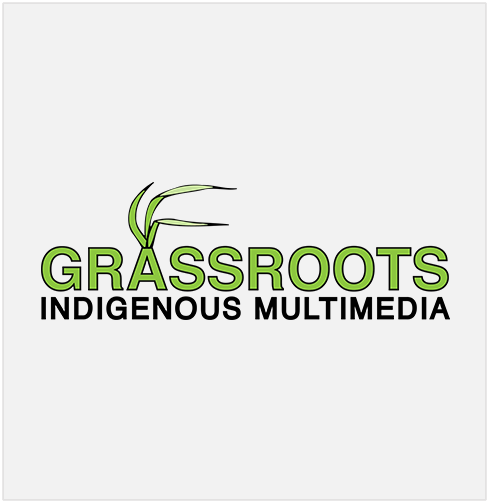
The ultimate goal of GIM is to produce language products that are so widely used that indigenous people develop a common speaking base. GIM hopes to see people getting together to study with their software products. As a nonprofit enterprise, GIM is set up to share, for the cost of training, their expertise in using this software with any indigenous nation that finds it useful. GIM has already seen some interest from other indigenous groups and hopes to get much more.
Transparent Language provides its technology and training free of charge to the nonprofit organization Grassroots Indigenous Multimedia (GIM), founded by Mary Hermes and her husband Kevin. The organization's mission lies in developing curriculum materials especially designed to teach Ojibwe and other First Nation languages. Ojibwe is currently the third most widely taught indigenous language in North America after Navajo and Cherokee.
For more information about the Grassroots Indigenous 7000 Partnership, please contact: Mary Hermes, mhermes@umn.edu.

The Manitoba First Nations Education Resource Centre (MFNERC), established in 1999, was given a mandate by the Chiefs of Manitoba to provide second and third level education services to fifty-five First Nations schools in Manitoba. The MFNERC facilitates a community education process based on First Nations' needs, priorities, and education plans. The MFNERC is actively involved in promoting community development by providing training and coordinating opportunities for families and other community members.
As part of this effort, the MFNERC has worked with several First Nations groups to develop language-learning material for use in Transparent Language's Byki learning system. This effort has resulted in the publishing of Byki software programs for learning Cree, Dakota, and two dialects of Ojibwe. The programs are made available to First Nations schools and community groups in Manitoba by the MFNERC.
For more information, please contact: MFNERC, kellyf@mfnerc.com.